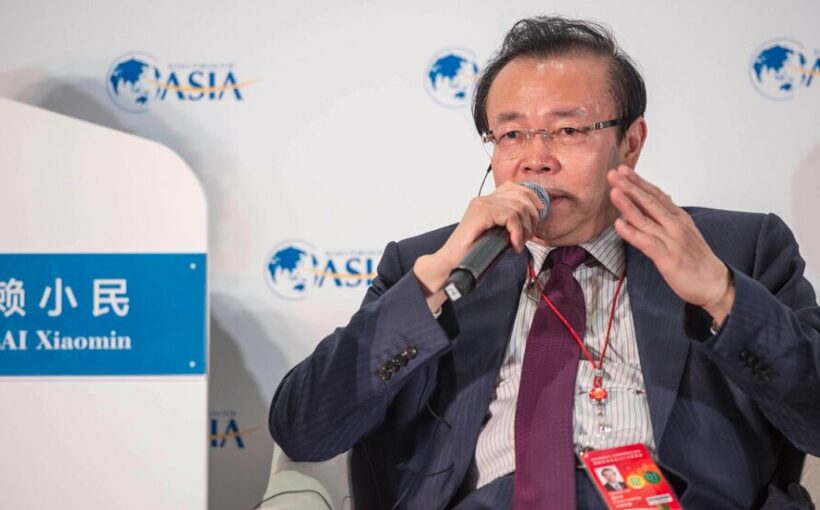The former chief of a big Chinese state lender was sentenced to death on Tuesday for bribery, corruption and bigamy, in a rare and dramatic example of Beijing’s use of capital punishment for economic crimes.
Lai Xiaomin, the former chairman of Huarong Asset Management, was found guilty by a court in the coastal city of Tianjin of receiving some $277 million in bribes between 2008 and 2018. The government will confiscate his personal assets, it said.
Mr. Lai was “lawless and extremely greedy,” the Secondary Intermediate People’s Court of Tianjin said in a statement on Tuesday, which added that his actions put national financial security at risk.
Mr. Lai, 58, was among the highest-profile figures to fall from grace amid a sweeping crackdown on corruption by Xi Jinping, China’s top leader. Mr. Lai was kicked out of the Communist Party in 2018 for violating party law and regulations, including abusing his power for sex. He confessed to taking cash bribes last year in a televised show on state media.
The unusually harsh sentence could send a signal that Mr. Xi is not ready to ease his anticorruption campaign, which he began shortly after he took control of the Communist Party in late 2012. The campaign has taken down some of his most powerful rivals. But it has also helped him contain concerns in China that party officials were becoming increasingly corrupt.
“Sentencing Mr. Lai to death will get a lot of support from lower- and middle-class people,” said Zhang Peihong, a partner at Hui Ye Law Firm in Shanghai.
Latest Updates
China employs the death penalty widely, though government officials do not disclose figures. But its use for crimes like embezzlement, bribery and corruption has dropped in recent years amid public disapproval.
The issue got an unusual public airing in 2012, when Wen Jiabao, then China’s premier, used his nationally televised annual news conference to caution courts overseeing the case of Wu Ying, a young woman who became a business tycoon but had been sentenced to death for financial fraud. Her sentence was later reduced.
Reports of executions for business-related crimes dropped, though they did not disappear. In 2013, officials executed Zeng Chengjie after a court convicted him of financial crimes. His family claimed that Mr. Zeng was executed before they were told, in an episode that sparked anger online.
In sentencing Mr. Lai, the court picked a high-profile target. Mr. Lai took the helm of Huarong in 2012, helping it to expand into new areas like investments and securities. Huarong was set up in the late 1990s to take on the failing loans of state-owned companies — a type of outfit known as a “bad bank” — lifting the burden from big state-run lenders that were looking to sell shares to the public.
Huarong did business deals with some of China’s flashiest private companies at a time when they were feeling ambitious. Among them were CEFC China, an energy company, and HNA, a conglomerate with businesses ranging from hotels to airlines. Both came under regulatory scrutiny after officials became skeptical of companies that borrowed heavily to build their business empires.
A high-profile death sentence will send a message, though its interpretation depends on the audience, said Joshua Rosenzweig, the deputy regional director for east and Southeast Asia at Amnesty International.
“A lot of the messages that the Chinese authorities try to send with these judgments, you are meant to fill in the blanks and come to your own conclusions,” he said.
“This could be a message to the public that the Xi regime is still treating corruption as a serious issue, or it could be a message to the business elite in China that they need to keep their noses clean,” Mr. Rosenzweig said. “Or it could be a message to both.”
Cao Li contributed reporting.
Source: Read Full Article
